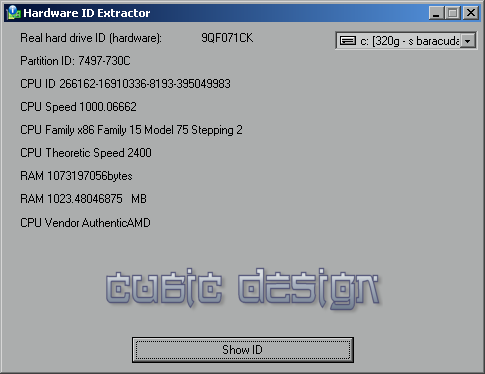

The specified volume supports reparse points. The specified volume supports sparse files. The specified volume supports disk quotas. The specified volume supports file-based compression. Preserves and enforces ACLs, and the FAT file system does not. The specified volume preserves and enforces access control lists (ACL). The specified volume supports Unicode in file names as they appear on disk. The specified volume supports preserved case of file names when it places a name on disk. The specified volume supports case-sensitive file names. However,įILE_FILE_COMPRESSION and FILE_VOL_IS_COMPRESSED are mutually This parameter can be one or more of the following flags. Long names canĪlso be supported on systems that use the NTFS file system.Ī pointer to a variable that receives flags associated with the specified file system. Supports long names, the function stores the value 255, rather than the previous 8.3 indicator. Is used to indicate that a specified file system supports long names. The value that is stored in the variable that * lpMaximumComponentLength points to Name component that a specified file system supports.Ī file name component is the portion of a file name between backslashes. To programmatically obtain the hard disk's serial number that the manufacturer assigns, use theĪ pointer to a variable that receives the maximum length, in TCHARs, of a file This function returns the volume serial number that the operating system assigns when a hard disk isįormatted. This parameter can be NULL if the serial number is not required. This parameter is ignored if the volume name buffer is not supplied.Ī pointer to a variable that receives the volume serial number. The length of a volume name buffer, in TCHARs. For example, you specify \\MyServer\MyShare asĪ pointer to a buffer that receives the name of a specified volume. If this parameter is NULL, the root of the current directory is used. LPSTR lpFileSystemNameBuffer,Ī pointer to a string that contains the root directory of the volume to be described.

To retrieve the current compression state of a file or directory, useįSCTL_GET_COMPRESSION. To specify a handle when retrieving this information, use the Retrieves information about the file system and volume associated with the specified root


 0 kommentar(er)
0 kommentar(er)
